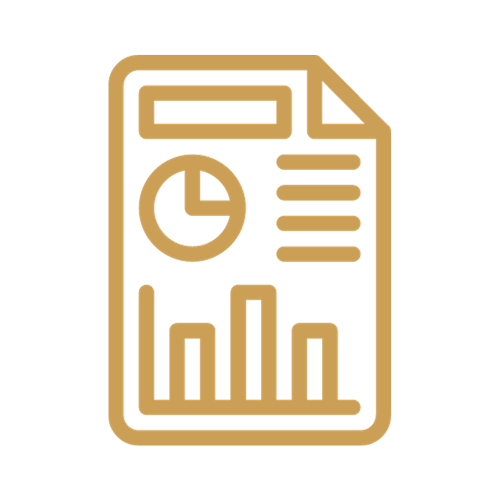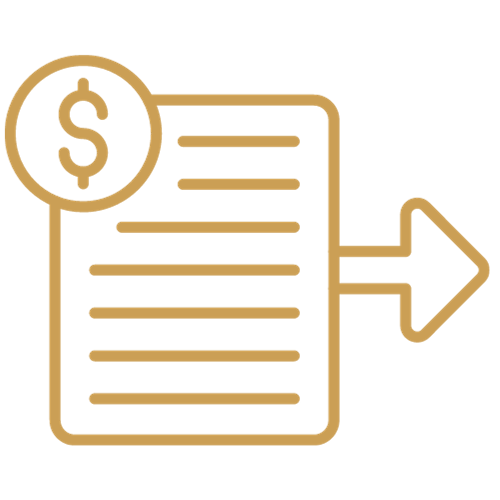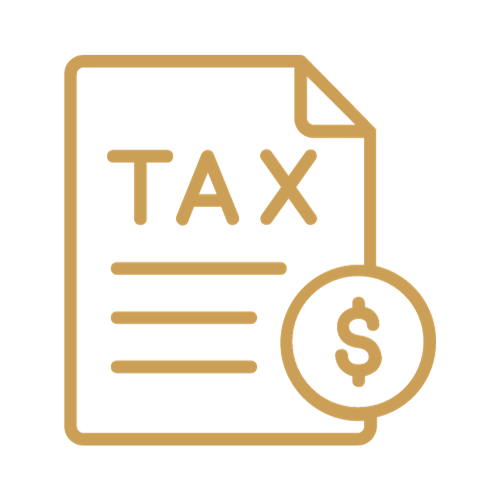Small business taxes are the taxes paid by small businesses to the government. These taxes can include income tax, payroll tax, sales tax, property tax, and others. Small businesses are typically defined as those with fewer than 500 employees, although this can vary depending on the industry.
The type and amount of taxes a small business must pay will depend on a number of factors, including its legal structure (sole proprietorship, partnership, corporation, etc.), the location of the business, the types of products or services it sells, and its annual revenue.
One important aspect of small business taxes is record-keeping. Small businesses must keep accurate and complete records of all income, expenses, and deductions in order to file accurate tax returns. This includes keeping track of receipts, invoices, bank statements, and other financial documents.
Small businesses may also be eligible for certain tax credits and deductions, such as the small business health care tax credit or the home office deduction. It is important for small business owners to consult with a tax professional or accountant to ensure they are taking advantage of all available tax benefits while also remaining compliant with tax laws and regulations.
Overall, small business taxes can be complex and time-consuming, but they are an important aspect of running a successful business. By staying informed and organized, small business owners can ensure they are paying the right amount of taxes while also maximizing their tax benefits.
Small Business Tax refers to the taxes that small businesses are required to pay to the government. These taxes are typically based on the income earned by the business during the tax year, and they help to fund government programs and services.
Here are some basics of Small Business Tax:
- Types of Business Taxes: The most common types of taxes that small businesses pay are income taxes, self-employment taxes, employment taxes, sales taxes, and property taxes.
- Tax Filing Requirements: Small businesses must file tax returns with the government each year. The type of tax return depends on the business structure. For example, sole proprietors use Schedule C to report their income and expenses, while partnerships use Form 1065.
- Tax Deductions: Small businesses are allowed to deduct certain expenses from their income to lower their tax bill. Examples of deductible expenses include rent, utilities, employee salaries, and business equipment.
- Tax Deadlines: Small businesses must pay their taxes by certain deadlines to avoid penalties and interest charges. The tax deadline for most small businesses is April 15th, although some businesses may have different deadlines based on their fiscal year.
- Tax Planning: Small businesses can benefit from tax planning strategies that help to minimize their tax liability. These strategies may include investing in retirement plans, taking advantage of tax credits, and maximizing deductions.
It’s important for small business owners to stay informed about their tax obligations and to work with a qualified accountant or tax professional to ensure compliance with all applicable tax laws and regulations.




